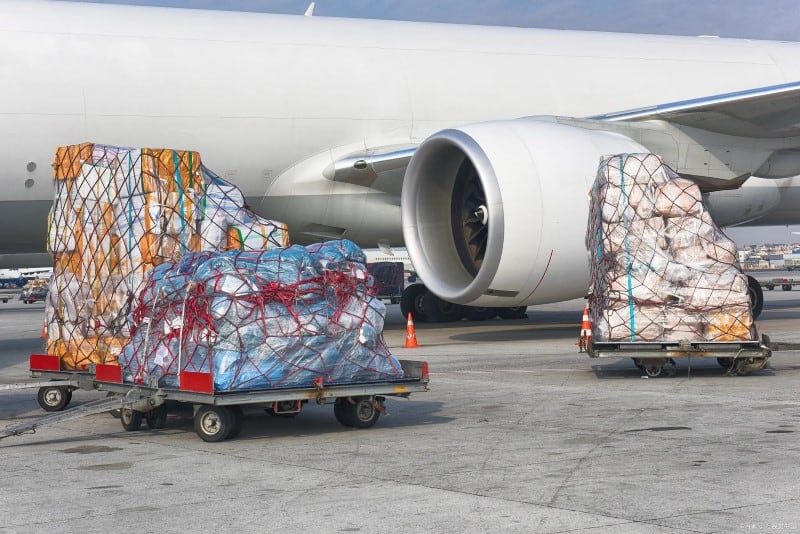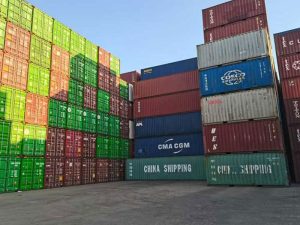An air shipping quotes essentially a preliminary estimate provided by an air carrier or freight forwarder indicating the cost to transport goods by air from one location to another. This estimate typically includes the base shipping rate, any applicable surcharges, and potential additional fees.

Components of an Air Shipping Quote:
- Base Shipping Rate: This is the core cost of transporting the goods, which is generally based on the weight or volume of the shipment. Airlines use a tariff system to determine the rate, which can vary based on the distance and the type of cargo.
- Fuel Surcharge: As fuel prices fluctuate, airlines may impose additional fees to offset their operational costs. These surcharges can significantly impact the total cost of air shipping.
- Handling Fees: These fees cover the costs associated with loading and unloading the cargo, as well as any special handling required due to the nature of the goods.
- Security Fees: Post-9/11, security has become a paramount concern in the aviation industry. Additional fees are often levied to cover the costs of enhanced security measures.
- Insurance: While not mandatory, insurance is highly recommended to protect against loss or damage during transit. Insurance premiums are typically calculated as a percentage of the declared value of the goods.
- Customs Duties and Taxes: Depending on the destination country, customs duties and import taxes may apply. These fees are based on the value of the goods and the specific regulations of the importing country.
- Special Services: If the shipment requires any special services, such as temperature-controlled transport or expedited delivery, additional charges will apply.
How to Obtain an Accurate Air Shipping Quote?
- Provide Detailed Information: To receive an accurate quote, it is essential to provide the carrier or freight forwarder with detailed information about the cargo, including product name (whether it is dangerous goods), weight (involving charges), volume (size and whether it is soaked goods), packaging (whether it is a wooden box, with or without pallets), destination airport, required time (direct or transfer), request flights (service and price differences among flights), bill of lading category, required transportation services (customs declaration method, document agency, customs clearance, and delivery, etc.)Any special requirements should also be communicated.
- Compare Multiple Quotes: It is advisable to obtain quotes from multiple carriers or freight forwarders to compare prices and service levels. This can help identify the most cost-effective and reliable option.
- Traders: Long-term contracts or high-volume shipments may allow for the negotiation of better rates and terms. Building a strong relationship with a carrier can lead to more favorable pricing over time.
- Understand All Fees: Make sure to clarify all potential fees and surcharges included in the quote. Some carriers may offer a flat rate, while others might break down the costs into individual components.
- Consider Insurance: While insurance is optional, it is wise to consider purchasing coverage to protect against unforeseen events. Be sure to understand the level of coverage offered and the associated costs.
- Stay Informed About Policy Changes: Regulations and policies can change, impacting the cost of air shipping. Staying informed about these changes can help avoid unexpected costs.
Conclusion
Air shipping quotes are a critical tool for businesses involved in international trade. By understanding the components of a quote and taking the necessary steps to obtain an accurate estimate, companies can make informed decisions about their shipping needs. Given the recent market volatility, it is particularly important to stay informed about potential fluctuations and adjust strategies accordingly.



